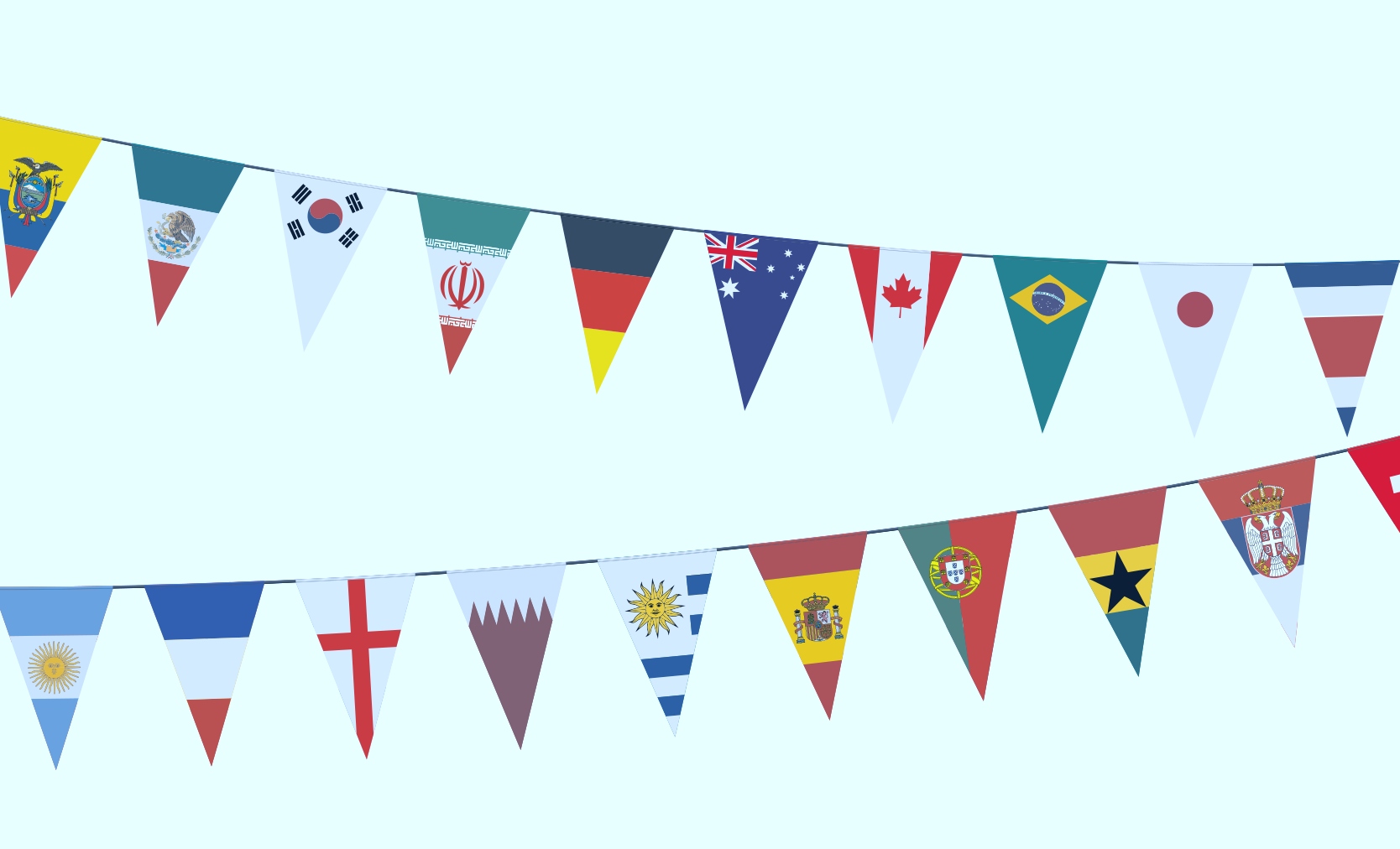The Dutch government wants international students and staff to improve their Dutch language skills. But let’s be honest, Dutch isn’t the easiest language to master: from the famous Dutch ‘g’ throat sound or the ‘ui’ sound that doesn’t exist in many other languages to the confusing word order in sentences.
We asked the international members of our student editors team for advice for those brave enough to give this language a chance. Drawing from their own experience and that of their friends, they came up with five tips to make learning Dutch a bit more manageable — and maybe even fun!
Tip 1: Take language courses at the university…
One of the best ways to learn a language is to sign up for a language course. As a WUR student, you can do so for free! Wageningen in’to Languages offers Social Dutch courses at four different levels. The first two levels are free for WUR students, as long as you attend at least 80 per cent of the classes (otherwise, a fee of 90 euros applies). Intensive courses are also available during the summer and winter breaks — a great way to boost your skills in a short time! As the Social Dutch courses are popular and fill up quickly, make sure to sign up on time!
If you’re a staff member, PhD candidate or external person, there are Dutch courses available at Basic, Intermediate and Advanced levels, including intensive summer options. In many cases, employees and even their partners can join for free.
To find out more, visit the in’to Languages Dutch classes page for details.
Tip 2: …Or elsewhere
If Social Dutch is full, or you simply want to try somewhere else, the International Student Organization of Wageningen (ISOW) offers language courses, Dutch being one of them. To take these lessons, you must sign up for ISOW membership, which currently costs 20 euros per year.
Another option is to sign up with Wageningen Volksuniversiteit for one of their Dutch courses. These will start again in September. For 310 euros, you get 25 lessons of 75 minutes.
Tip 3: Daily Duolingo
Then there are the language learning apps. There are multiple options, but the best known is undoubtedly Duolingo. Every day, Zhu Yijun, Master’s student Sustainable Supply Chain Analytics from China spends between five and fifteen minutes with the famous Duo green owl. ‘I’m on a 275 day streak so far,’ Zhu says proudly. ‘Dutch is not too hard for me. Currently, I’m on chapter two, subsection 24, which you can compare to A1 level. I can already read the labels of some of the items in the supermarket, which is quite useful.’
Duolingo is free, but there is a catch: if you make too many mistakes, you run out of ‘hearts’ and have to wait before you can play again. If you are serious about learning Dutch, consider signing up for the premium version, says Zhu. ‘Now I can make unlimited mistakes. This speeds up my learning process because I don’t have to wait anymore before I can play again.’
Tip 4: Practise, practise, practise
If you want to learn a new language, the key thing is to practise a lot. That is exactly what you can do at the Nederlands Taalcafé, every Wednesday evening at Thuis Wageningen. From beginners to experts, everybody’s welcome to practise speaking Dutch. It’s free of charge, but participants are encouraged to bring cookies or other goodies to share with the rest.
Tip 5: Make Dutch friends (and play squash)
It is easier to learn something that you enjoy doing, says Oliver Kalengi (24), a Master’s student in Resilient Farming and Food Systems from India. ‘So if you really want to learn a language, you have to make it fun. How do I do it? By playing squash with one of my Dutch friends. When we play, he often speaks to me in Dutch. So far, he has taught me how to count, how to say things like “well done” — goed gedaan — and how to order coffee in Dutch. This way, I’m learning Dutch while playing sports and having fun with my friend at the same time. So make some Dutch friends, ask them to practise with you and make it fun!’
Tip 6: Be tough on your friends and fellow students
The fact that most Dutchies are reasonably fluent in English is both a curse and a blessing. Arohi Natu, a Master’s student Food Technology: ‘When you’re trying your best to talk Dutch, and Dutchies notice you’re struggling with words, they will probably switch to English. Bye-bye opportunities to learn! Be tough on your friends and agree on a date from which you will speak Dutch only – unless you specifically ask for help. It will be hard initially, but you’ll learn much quicker.’

 Illustration Shutterstock
Illustration Shutterstock 

